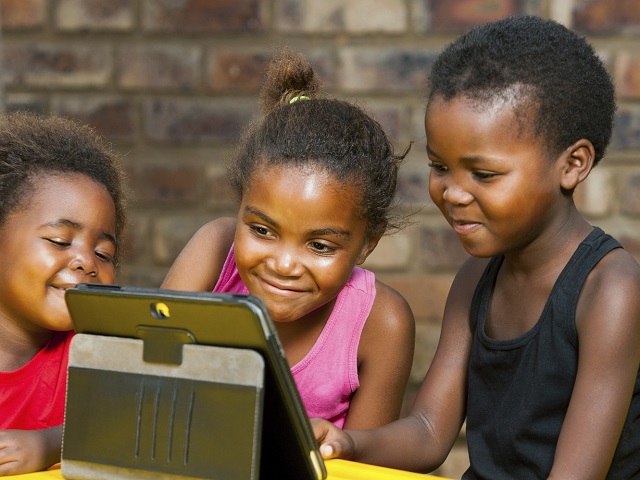
Kampala, Uganda | XINHUA | During the COVID-19 pandemic, about 40 percent of low and lower-middle income countries have not been able to support disadvantaged learners during temporary school shutdown, according to 2020 Global Education Monitoring (GEM) Report published on Tuesday by the United Nations Educational, Scientific and Cultural Organisation (UNESCO).
“To rise to the challenges of our time, a move towards more inclusive education is imperative,” said UNESCO Director-General Audrey Azoulay. “Rethinking the future of education is all the more important following the COVID-19 pandemic, which further widened and put the spotlight on inequalities. Failure to act will hinder the progress of societies.”
The UNESCO’s fourth annual report on global education noted that 258 million children and youth were entirely excluded from education, with poverty as the main obstacle to access.
In low- and middle-income countries, adolescents from the richest 20 percent of all households were three times as likely to complete lower secondary school as were as those from the poorest homes.
Among those who did complete lower secondary education, students from the richest households were twice as likely to have basic reading and mathematics skills as those from the poorest households.
Hardly any poor rural young women complete secondary school in at least 20 countries, most of them in sub-Saharan Africa.
The report team also launched a website with information on laws and policies concerning inclusion in education for every country in the world.
The report also noted that many countries were using positive, innovative approaches to transition towards inclusion, such as setting up resource centers for multiple schools and enabling mainstream establishments to accommodate children from special schools, or using itinerant teachers to reach underserved populations.
“COVID-19 has given us a real opportunity to think afresh about our education systems,” said Manos Antoninis, Director of the Global Education Monitoring Report. “But moving to a world that values and welcomes diversity won’t happen overnight. There is an obvious tension between teaching all children under the same roof and creating an environment where students learn best. But, COVID-19 has showed us that there is scope to do things differently, if we put our minds to it.”
 The Independent Uganda: You get the Truth we Pay the Price
The Independent Uganda: You get the Truth we Pay the Price



